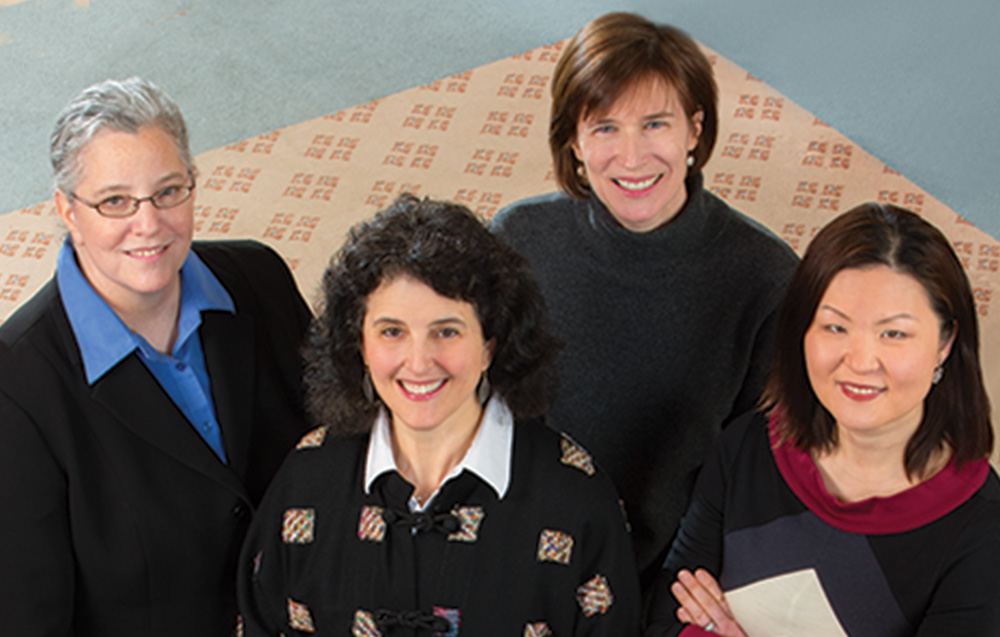In 2013, McLean launched the Division of Women’s Mental Health (DWMH) under the leadership of Chief Academic Officer Shelly F. Greenfield, MD, MPH, whose vision is to enhance opportunities for clinical, research and educational collaborations across McLean that will improve the understanding of women’s mental health and provide better care for the disorders that are prevalent in women.
Through treatment, research and education that appreciate the biological, sociocultural and environmental factors that are unique to women, Greenfield and the clinicians within the DWMH are promoting wellness for girls and women throughout the life span.

“The divisional structure allows us to treat women more holistically and encourages cross-collaboration among programs,” said Amy Gagliardi, MD, medical director for the Gunderson Outpatient Program. Gagliardi noted that her program, which typically treats women ages 18 to 30 with borderline personality disorder, offers treatment for women who are reentering the workforce, going to college or working in the community but still need intensive treatment and support as they rebuild their lives.
As the medical director for the Hill Center, a program for adults with histories of trauma and related disorders, Milissa Kaufman, MD, PhD, is using opportunities afforded by the division to not only advance clinical care but to conduct research into the neurobiological basis of dissociation in women with trauma-spectrum disorders.
“The overall goal of my research is to identify the biological mechanisms of dissociation in two related but distinct clinical syndromes: post-traumatic stress disorder and dissociative identity disorder, and to explore possible biomarkers using genetics and neuroimaging that might help predict patterns of risk and resilience in clinical populations exposed to trauma,” said Kaufman.
Training is equally vital to the DWMH. Lois Choi-Kain, MD, medical and program director for the Gunderson Residence, in partnership with John Gunderson, MD, director of Psychosocial and Personality Research, has developed the Borderline Personality Disorder Training Institute to educate other clinicians around the world about personality disorders and the most effective methods of treatment.
“We know that borderline personality disorder (BPD) is prevalent across the United States, but there are few clinicians who have the expertise to treat it,” said Choi-Kain. “Through the Institute, we are giving clinicians the tools to better diagnose and treat BPD in their patients before the illness becomes so acute that it requires repeated hospitalization.”
According to Greenfield, even though the DWMH has just launched, its tripartite mission is already making a difference.
“Many of us in the division are treating women with disorders that commonly co-occur, such as eating disorders, trauma-related disorders, borderline personality disorder, and substance use disorders,” said Greenfield. “Our goal is to continue to enhance clinical care for women with these disorders through state-of-the-art treatment informed by research, as well as to investigate the neurobiological basis for these disorders and create educational models to train others regarding best practices in this field.”
Media Requests
Journalist or member of the media? We are available 24/7 for media requests.



